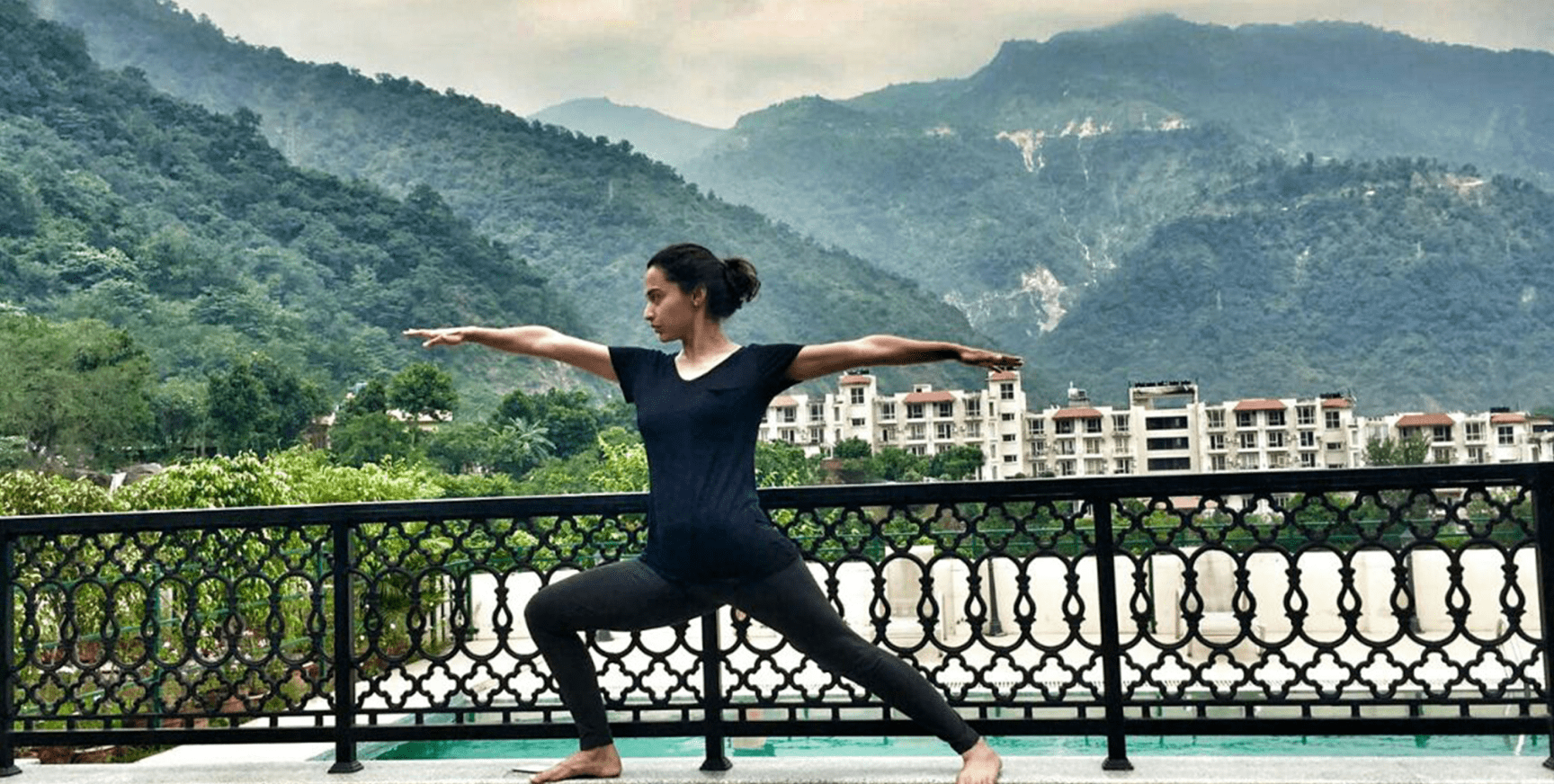I’m a 4th generation coffee planter from the Southwest mountain town of Chikmagalur. Growing up in a very patriarchal society, I vowed as a young girl that I would work just as hard as a boy if not harder, to prove to people that women can build and run companies. Growing up, I was a quick learner walking the estate with my father. I learned the tiniest of detailstending to each plant.
My grandfather was part of the “Quit India” and “Non-Violent” Gandhian movements in the early 40s. My father was part of the Coffee Board of India that was responsible for opening up the coffee market to allow free trade. I knew as a young girl that I had big shoes to fill and that kept me motivated.
I grew up in an India that was on the cusp of change. Arranged marriages were starting to phase out, women were allowed to go abroad to study while still single, and were allowed to go to clubs, but with curfews. I experienced both the conservative and the modern day India. I was never interested in cooking, home decor and marriage while growing up in India. While all of us girls in my generation were basically groomed to be good housewives, I was busy plotting on how to get out of marrying a boy that I would be “arranged with” and was more determined to break the arranged marriage barrier and live my life on my terms. All this drove me to go against the traditional career path for women in India.
“I vowed as a young girl that I would work just as hard as a boy, if not harder, to prove to people that women can build and run companies."
I studied in the U.S., then moved back to India before marrying my husband David and moving to Michigan. It was a bit challenging in the beginning, but once we moved to Palm Beach,Florida, I embraced my heritage and culture. That changed the way I perceived the world and the way the world perceived me.
I started my business, Chikmonk, to vertically integrate our coffee estates. I noticed that the coffee growers weren’t getting enough credit for their crops. Coffee is mostly exportedas a commodity with prices fixed by stock exchanges. There are people trading coffee without ever having set foot on a coffee farm. Small coffee farmers around the world aren’t able to thrive with such low prices, and once the coffee is exported to other countries it is traded multiple times. Roasters typically source from brokers, where coffee is aggregated at the country level. They roast the raw coffee and sell it under their brand names. The story of the farmer dies once the coffee is shipped out. There are some roasters that market farm owners these days, but it’s a very small number.

"I was busy plotting on how to get out of marrying a boy that I would be "arranged with" and was more determined to break the arranged marriage barrier and live my life on my own terms."

People in the U.S. don’t know much about Indian coffee even though it’s blended into some of the most recognizable global brands. South American, Latin and some African crops are dominant. Yet it’s interesting to note that that after coffee was discovered in Ethiopia, a SufiMonk called Baba Budan smuggled a few beans out of the Arab controlled state and brought it to Chikmagalur, India. This feat broke the Middle Eastern monopoly on coffee and made India the second oldest coffee growing region in the world. The mountains and temperate climatewere conducive to coffee production, so the British turned coffee in India into cash crops.From India, coffee spread to Indonesia, the Caribbean and South America.
I have been using my voice and platform to change the narrative around Indian crops, especially premium coffee. The media has published articles on our Chikmonk Coffee business and we were featured in some magazines and television shows asa well. Palm Beachers weren’t used to opening a newspaper to see a woman wearing a saree on the front page, and there I was proudly talking about coffee!
“I'm proud of my heritage and follow Indian practices... from Ayurveda to yoga to meditation."
"Dreams do come true, but you have to be brave enough to dream it, feel it and follow it."
I use coconut oil and amla to condition my hair, neem for my face and body. I am predominantly pitta, which means I have a lot of fire in me. I balance that out by eliminating foods with a lot of heat. I don’t drink alcohol because that adds fire to my pitta; instead I drink coconut water to cool down my system. I use papaya as a natural face mask. I think all these practices are extremely effective.
Overall, I’ve had a lot of great teachers from both the East and the West who have taught meal that I know and live by today. I spent month over the course of 6 years meditating in monasteries all over the world. From my own experiences, I’ve realized how a constant state of fear and stress affects our well-being both physically and mentally. I’ve learned to enjoy every minute of my life and my time with family, friends and colleagues. This new-found happiness gave me the drive I needed to reach my entrepreneurial goals. My motivation is to inspire every human to let go of fear, to live life to the fullest and to follow your heart. Dreams do come true but you have to be brave enough to dream it, feel it and follow it.




